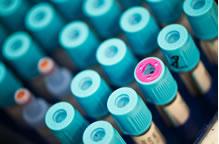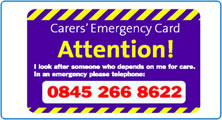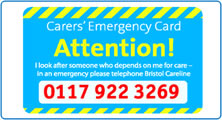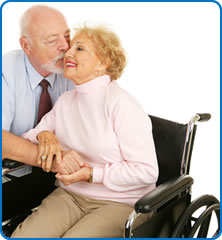Screening Babies in Hospital Specialist Units
Reviewed on 20/10/21
Information for Healthcare Professionals
If babies are born before 32 weeks gestation or are admitted to a hospital specialist unit for other reasons, extra blood spot samples may be required to carry out the newborn screening tests.
To ensure preterm infants are appropriately screened for CHT, all babies born at less than 32 weeks (less than or equal to 31 weeks + 6 days) should be offered a preterm repeat test at 28 days of age or discharge home, whichever is the sooner.
Babies less than 5 days of age should have a single circle bloodspot sample taken on admission/prior to blood transfusion to screen for SCD. The bloodspot card should be marked 'Pre-transfusion'.
Detailed instructions regarding sample collection from babies in specialist units can be found on pages 23-26 of 'Guidelines for Newborn Bloodspot Sampling'.
Access to Results
Designated clinicians will be informed immediately of any 'Suspected' results.
Certain healthcare professionals may access results via the Failsafe IT solution. If you are concerned that a baby has missed screening or that a sample has not arrived in the laboratory, please telephone or email us. Samples usually take several days to reach us in the post, although this is faster if a courier is used. One working day after they have been entered on our computer system they will appear on the failsafe shown as 'pending', these samples are undergoing analysis.
Please use the NHS number to search for babies, checking that the address shown matches your records as many babies have similar names, very similar dates of birth and surnames often change in the first few weeks of life.
Contact Newborn Screening
Newborn Screening Laboratory (Bristol)
PO Box 407
Bristol
BS9 0EA
Email: newbornscreening@nbt.nhs.uk
Telephone: 0117 414 8412
Opening times: 9am - 5pm Monday - Friday excluding bank holidays.
Clinical advice & interpretation is available during working hours.
Access the NHS Blood Spot Screening Programme Centre



 If the person you care for lives within the Bristol City Council area please contact Care Direct on
If the person you care for lives within the Bristol City Council area please contact Care Direct on  When someone you care for needs to go into hospital it can be a worrying and stressful.
When someone you care for needs to go into hospital it can be a worrying and stressful.